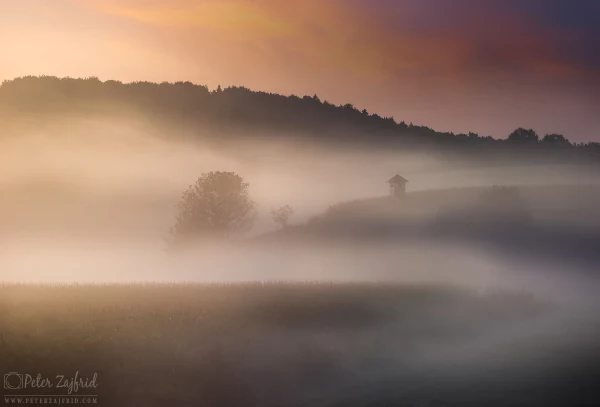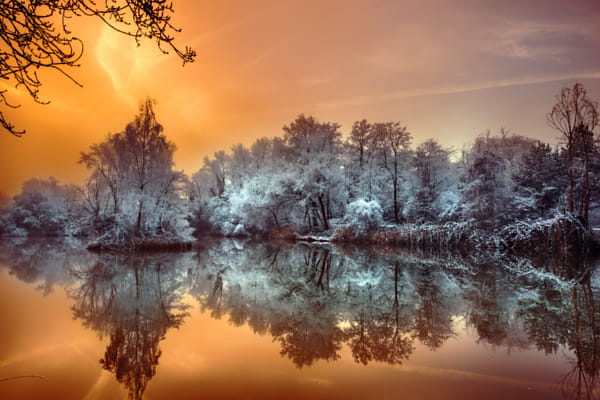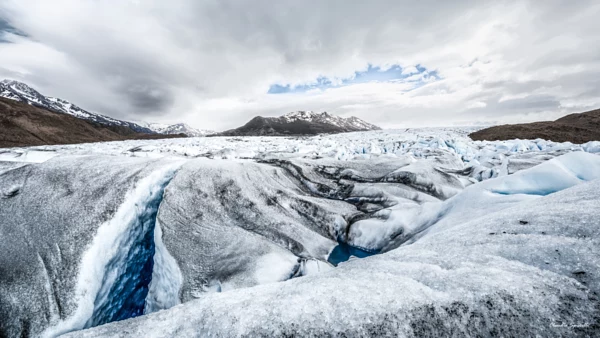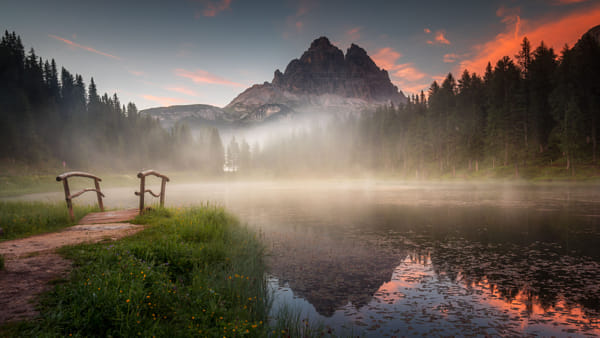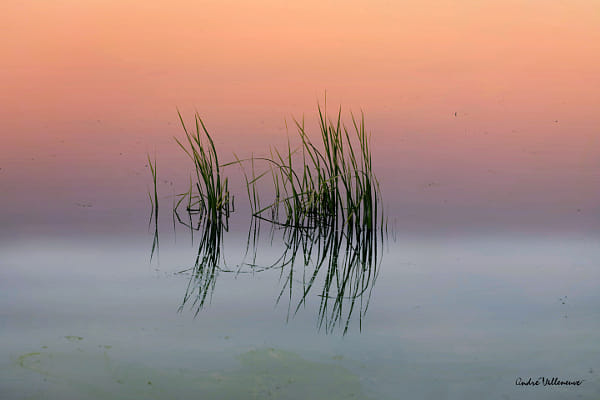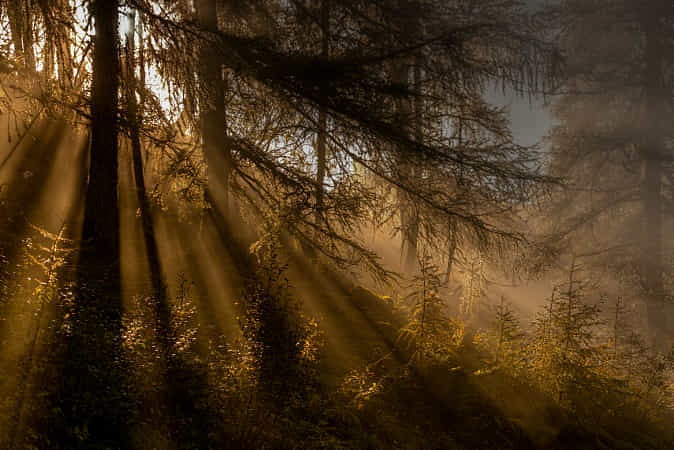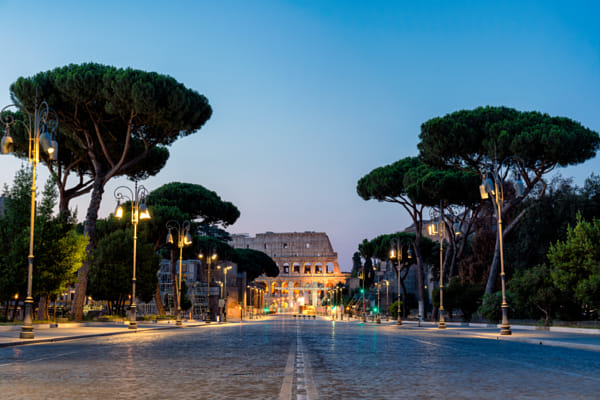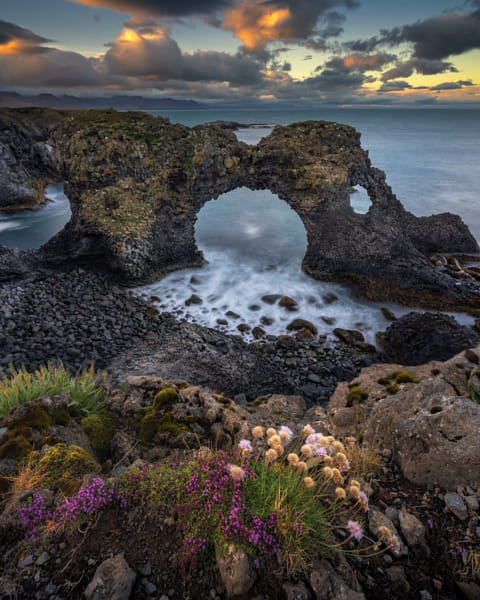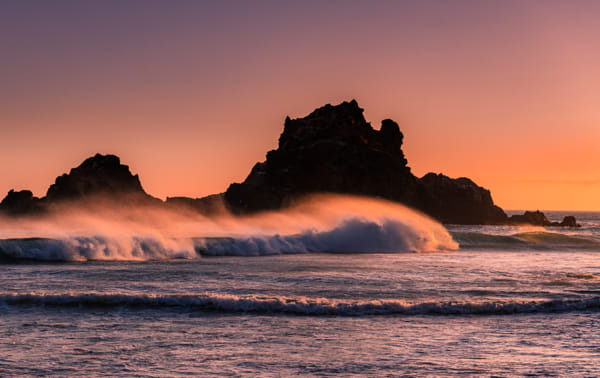cyclades 3 by Vladimir Nikolae...
cyclades 3 by Vladimir Nikolaev
Kristina Makarova
Vladimir Nikolaev: Photos
Moody morning by Peter Zajfrid
Moody morning by Peter Zajfrid
Sunrise mood near Benedikt, Slovenija
Peter Zajfrid: Photos
Winter morning by Robert Didie...
Winter morning by Robert Didierjean
Thanks to all for your comments and your likes!
Robert Didierjean: Photos
Inside Glacier by Claudio Spin...
Inside Glacier by Claudio Spinelli
Claudio Spinelli: Photos
All Quiet by wim denijs
All Quiet by wim denijs
wim denijs: Photos
Kamilla by Zachar Rise
Kamilla by Zachar Rise
Zachar Rise: Photos
Chant d’eau by Andre Vil...
Chant d’eau by Andre Villeneuve
Andre Villeneuve: Photos
golden morninglight by andy da...
golden morninglight by andy dauer
andy dauer: Photos
All Roads Lead To Colosseum by...
All Roads Lead To Colosseum by Venelin Venelinov
The Colosseum or Coliseum also known as the Flavian Amphitheatre (Latin: Amphitheatrum Flavium; Italian: Anfiteatro Flavio or Colosseo, is an oval amphitheatre in the centre of the city of Rome, Italy. Built of travertine, tuff, and brick-faced concrete, it is the largest amphitheatre ever built. The Colosseum is situated just east of the Roman Forum. Construction began under the emperor Vespasian in AD 72[2] and was completed in AD 80 under his successor and heir, Titus. Further modifications were made during the reign of Domitian (81–96). These three emperors are known as the Flavian dynasty, and the amphitheatre was named in Latin for its association with their family name (Flavius). The arena itself was 83 meters by 48 meters (272 ft by 157 ft / 280 by 163 Roman feet). It comprised a wooden floor covered by sand (the Latin word for sand is harena or arena), covering an elaborate underground structure called the hypogeum (literally meaning "underground"). The hypogeum was not part of the original construction but was ordered to be built by Emperor Domitian. Little now remains of the original arena floor, but the hypogeum is still clearly visible. It consisted of a two-level subterranean network of tunnels and cages beneath the arena where gladiators and animals were held before contests began. Eighty vertical shafts provided instant access to the arena for caged animals and scenery pieces concealed underneath; larger hinged platforms, called hegmata, provided access for elephants and the like. It was restructured on numerous occasions; at least twelve different phases of construction can be seen
Venelin Venelinov: Photos
Who´s watching” by Jamsi...
Who´s watching” by Jamside John
Jamside John: Photos
Beach sunset by David Dai
Beach sunset by David Dai
David Dai: Photos


